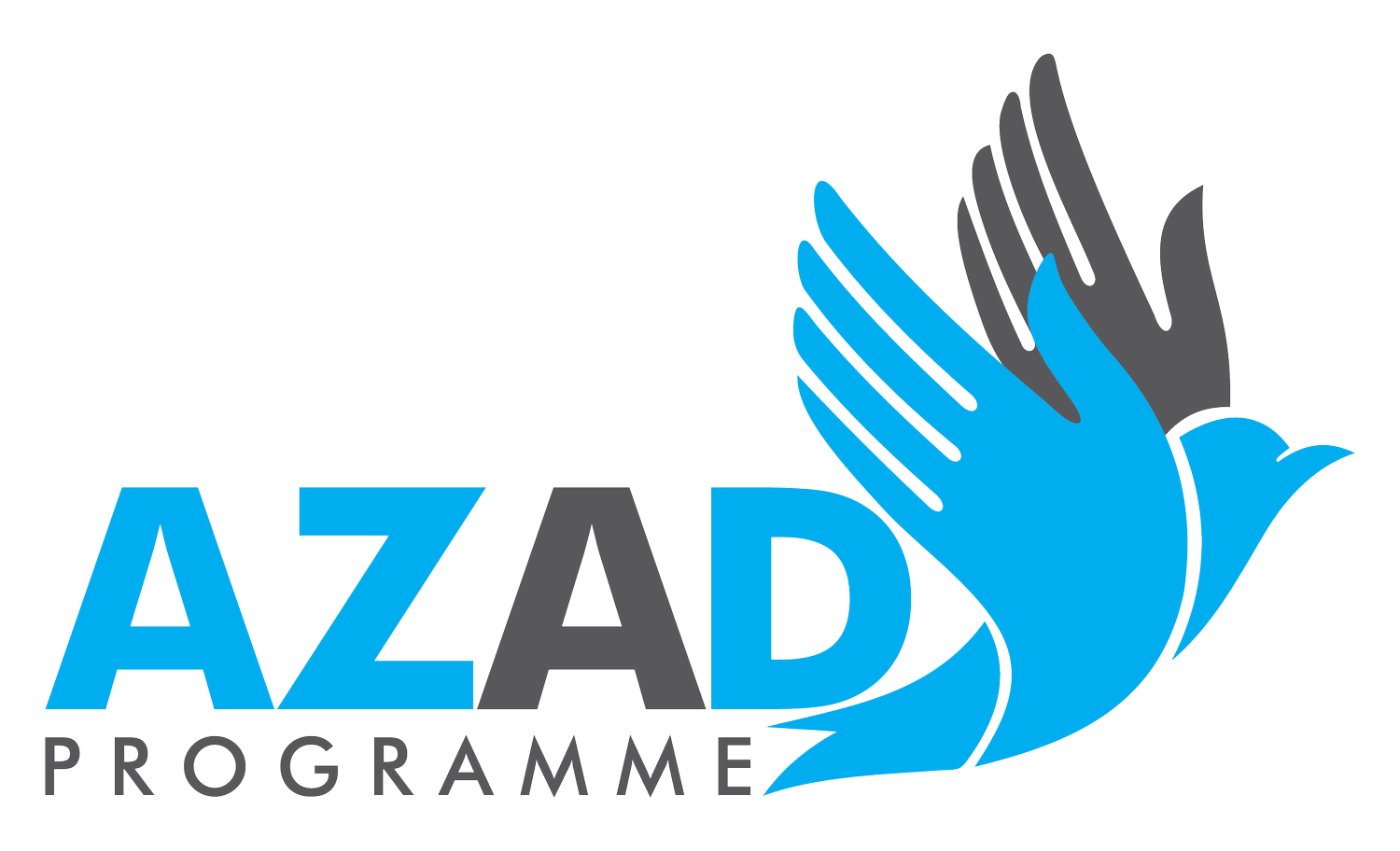10 Personal Finance Terms explained in Plain English
Personal Finance can be a very challenging sphere for some of us who find financial jargon very confusing. If your eyes glaze over when someone talks about things like ‘investment horizon’ and ‘risk adjusted returns’, read on so you can learn to make sense of some of the common terms which sound very complex but are actually not that complicated to understand.
1. Mortgage – (pronounced as maur-gage) It’s when you take a bank loan for buying a property and the property is marked as collateral or security by the Bank. So if you don’t repay the loan in a timely manner, the Bank can repossess your property.
Usually having a debt is viewed as a burden but if taken at the right stage in life, a mortgage allows you to accomplish the dream of having your own home significantly earlier than you could afford to otherwise. Of course that’s provided you don’t stretch beyond your means and make the effort to choose a property carefully.
2. Mutual Fund Imagine you are a group of 10 friends who have some money to invest but no expertise to make or manage the investment. You get together and hire a well-educated, qualified and experienced money manager. He takes your individual investments, pools them together and makes investments with that pool of money.
If the investments do well, the pool grows and so does your share. If the investments don’t do well, the reverse happens. The money invested is yours along with any gain or loss made. The money manager charges a certain percentage of your fund value for expenses including his salary.
There are various types of mutual funds based on the kinds of investments the manager invests in.
3. Investment Horizon
It’s how long you plan to stay invested in a particular investment product at the time of making the investment. So if at the time of investing Rs 100 in a fixed deposit, if you plan to invest for 2 years…you tell the bank to put it in a 2 year fixed deposit. So in this example, your investment horizon is 2 years. If your circumstances change, you could encash the deposit and pay a penalty for the early withdrawal. But at the time of placing the money your investment horizon was two years.
This is an important concept in personal finance, as your investment horizon should be used to determine which investment avenues are suitable for you.

